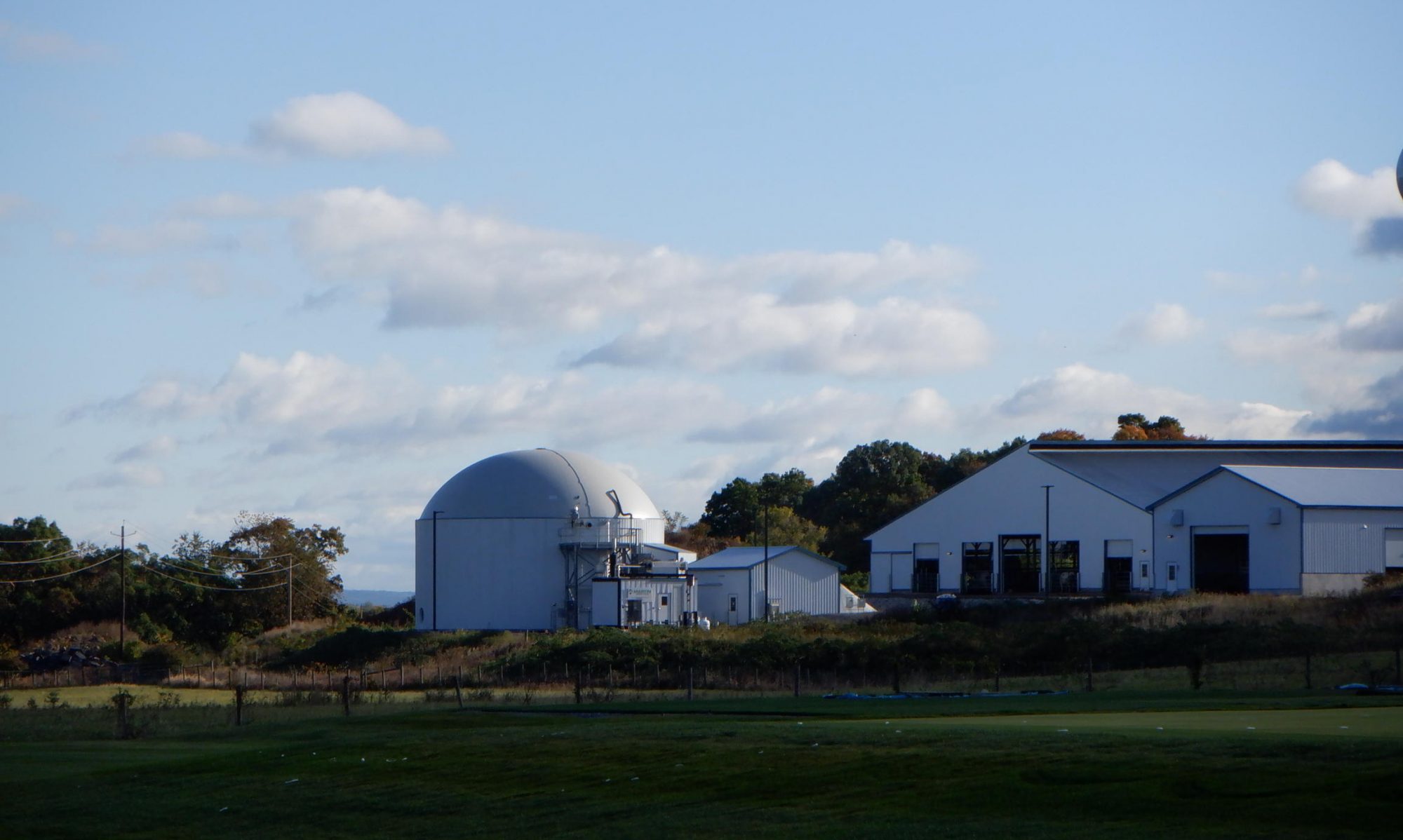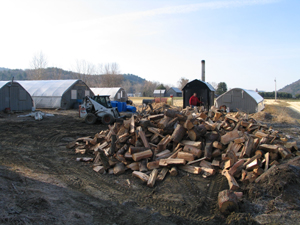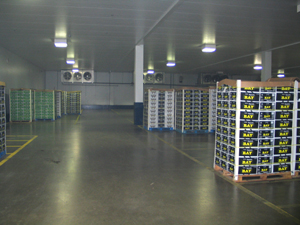
Which fuel is best for heating a greenhouse? The right answer depends on price, convenience, and availability. Some fuels have more “heat per dollar” and some heating units have a greater efficiency. Others are especially easy to use. All of these factors need to be considered when deciding what fuel to use. The most common fuels for greenhouse heating are natural gas, propane, and fuel oil, …






